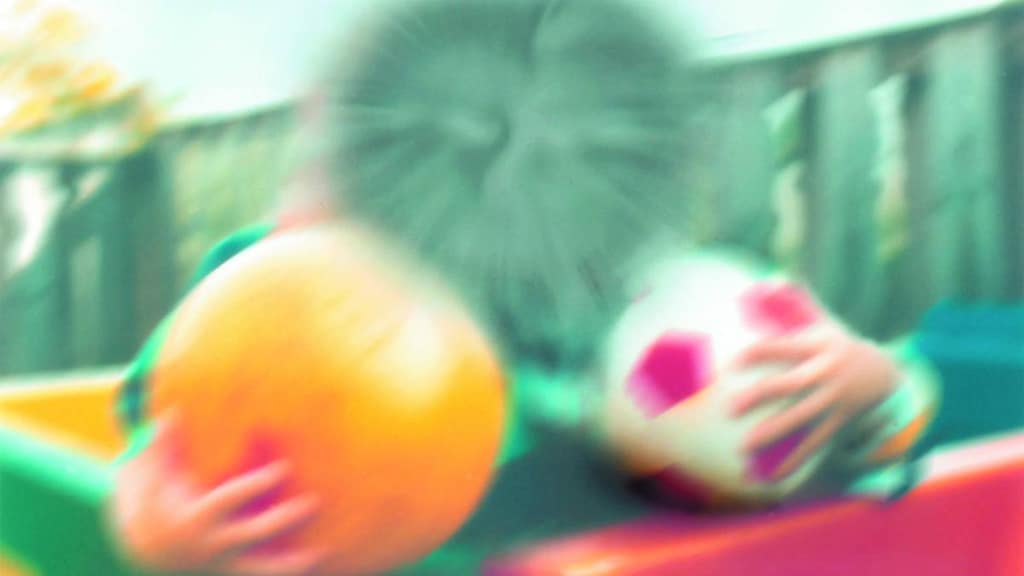What is Eylea used for?
- Eylea is used to treat macular degeneration.
- It is used to treat macular swelling.
- Eylea is also used to treat some eye problems caused by diabetes.
Before taking Eylea, tell your doctor:
- If you are allergic to Eylea; any part of this medicine; or any other drugs, foods, or substances. Tell your doctor about the allergy and what signs you had.
- If you have an eye infection or swelling in the eye.
- If you are breast-feeding or plan to breast-feed.
This is not a list of all drugs or health problems that interact with this medicine.
Tell your doctor and pharmacist about all of your drugs (prescription or OTC, natural products, vitamins) and health problems. You must check to make sure that it is safe for you to take Eylea with all of your drugs and health problems. Do not start, stop, or change the dose of any drug without checking with your doctor.
What are some things I need to know or do while I take Eylea?
- Tell all of your health care providers that you take Eylea. This includes your doctors, nurses, pharmacists, and dentists.
- Use care when driving or doing other tasks that call for clear eyesight.
- Have an eye exam as you have been told by your doctor.
- This medicine may raise the chance of very bad and sometimes deadly health problems caused by blood clots, like heart attack and stroke. Talk with the doctor.
- This medicine may cause harm to the unborn baby if you take it while you are pregnant.
- Women must use birth control while taking Eylea and for some time after the last dose. Ask your doctor how long to use birth control. If you get pregnant, call your doctor right away.
How is Eylea best taken?
Use Eylea as ordered by your doctor. Read all information given to you. Follow all instructions closely.
- It is given as a shot into the eye.
What do I do if I miss a dose?
- Call your doctor to find out what to do.
What are the side effects of Eylea that I need to call my doctor about immediately?
WARNING/CAUTION: Even though it may be rare, some people may have very bad and sometimes deadly side effects when taking a drug. Tell your doctor or get medical help right away if you have any of the following signs or symptoms that may be related to a very bad side effect:
- Signs of an allergic reaction, like rash; hives; itching; red, swollen, blistered, or peeling skin with or without fever; wheezing; tightness in the chest or throat; trouble breathing, swallowing, or talking; unusual hoarseness; or swelling of the mouth, face, lips, tongue, or throat.
- Weakness on 1 side of the body, trouble speaking or thinking, change in balance, drooping on one side of the face, or blurred eyesight.
- Chest pain or pressure.
- Jaw pain.
- Swelling, warmth, or pain in the leg or arm.
- Change in eyesight, eye pain, or very bad eye irritation.
- Eye redness.
- Eyelid swelling.
- If bright lights bother your eyes.
What are some other side effects of Eylea?
All drugs may cause side effects. However, many people have no side effects or only have minor side effects. Call your doctor or get medical help if any of these side effects or any other side effects bother you or do not go away:
- Seeing floaters.
These are not all of the side effects that may occur. If you have questions about side effects, call your doctor. Call your doctor for medical advice about side effects.
You may report side effects to the FDA at 1-800-332-1088. You may also report side effects at https://www.fda.gov/medwatch.
If overdose is suspected:
If you think there has been an overdose, call your poison control center or get medical care right away. Be ready to tell or show what was taken, how much, and when it happened.
How do I store and/or throw out Eylea?
- If you need to store Eylea at home, talk with your doctor, nurse, or pharmacist about how to store it.
Consumer information use and disclaimer
- If your symptoms or health problems do not get better or if they become worse, call your doctor.
- Do not share your drugs with others and do not take anyone else's drugs.
- Keep all drugs in a safe place. Keep all drugs out of the reach of children and pets.
- Throw away unused or expired drugs. Do not flush down a toilet or pour down a drain unless you are told to do so. Check with your pharmacist if you have questions about the best way to throw out drugs. There may be drug take-back programs in your area.
- Some drugs may have another patient information leaflet. Check with your pharmacist. If you have any questions about Eylea, please talk with your doctor, nurse, pharmacist, or other health care provider.
- If you think there has been an overdose, call your poison control center or get medical care right away. Be ready to tell or show what was taken, how much, and when it happened.
This information should not be used to decide whether or not to take Eylea or any other medicine. Only the healthcare provider has the knowledge and training to decide which medicines are right for a specific patient. This information does not endorse any medicine as safe, effective, or approved for treating any patient or health condition. This is only a brief summary of general information about this medicine. It does NOT include all information about the possible uses, directions, warnings, precautions, interactions, adverse effects, or risks that may apply to Eylea. This information is not specific medical advice and does not replace information you receive from the healthcare provider. You must talk with the healthcare provider for complete information about the risks and benefits of using this medicine.

